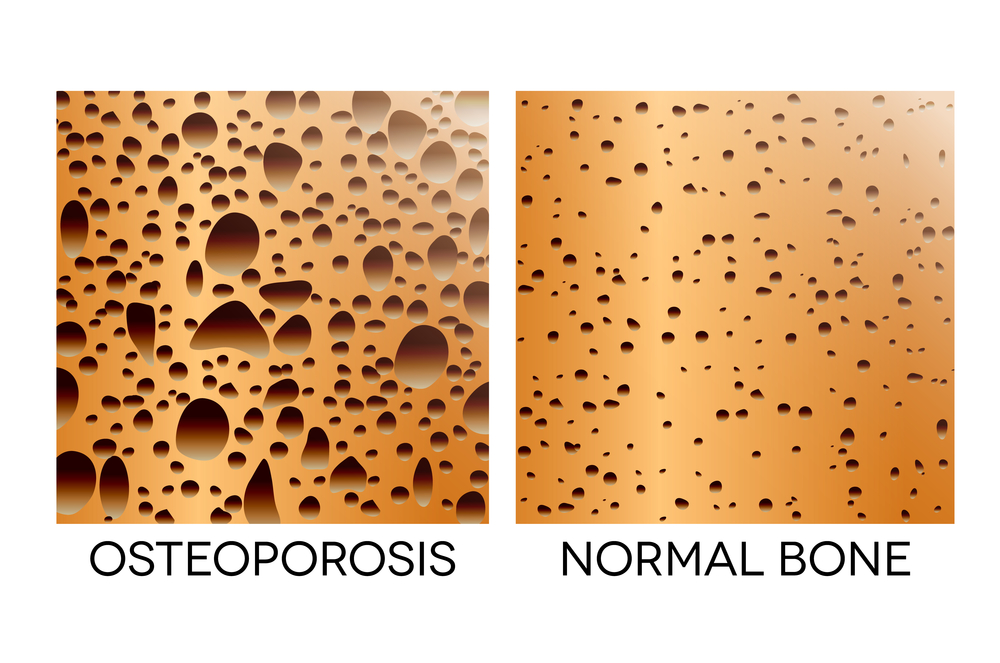Healthcare is a sector that plays a crucial role in everyone’s lives. Whether they are educating people on staying healthy or caring for those who are sick, the hard-working professionals in healthcare impact people’s lives daily. Nurses are especially important for the healthcare sector, providing unparalleled levels of direct patient care. While registered nurses are often at the front line, more senior nurse practitioners also play a valuable role.
This is particularly true when you consider the range of duties these advanced nurses carry out and how nurse practitioners are vital for helping cover the current shortage of physicians in US healthcare. As a result, nurse practitioner roles are a popular career choice for those coming into nursing or looking to progress in the field.
What can you expect from this job, and what role does clinical experience play in developing core nurse practitioner skills?
What is a nurse practitioner, and where can they work?
A nurse practitioner is a senior nurse who has already qualified as a registered nurse and undergone higher-level clinical training for the NP role. They can often carry out similar duties to physicians, including assessing patients, ordering tests, analyzing test results and prescribing medication.
Although “nurse practitioner” is a general job title, there are many different individual roles within this field. Family nurse practitioner is a good example; professionals in this position provide direct primary care to patients. It is also common to see NPs working in a wide range of healthcare settings and environments.
If you are considering becoming a nurse, perhaps you are wondering ‘where can family nurse practitioners work?’ First, getting the right kind of training is essential. This could be achieved through a master’s qualification like the online Master of Science in Nursing – Family Nurse Practitioner program from Texas Woman’s University. The program includes clinical hours and didactic work that prepares students to deliver holistic care. This is useful for developing the core skills nurse practitioners need. After completing this program, family nurse practitioners (FNPs) can work in doctor’s offices, as visiting FNPs, or in hospitals providing patient care.
What skills do NPs need to succeed?
To become a nurse practitioner who can successfully operate in any setting, you need to have not only the right training but also the correct blend of skills. This combination will prepare you to handle the many challenges that this advanced nursing role may present.
Some of the most important skills to develop for this role include:
- Teamwork
- Communication
- Networking
- Time management
- Leadership
- Conflict resolution
Although this is not an exhaustive list of every skill you may use in a nurse practitioner role, it does include the skills most employers seek. It also lists the skills that can help you excel in the sector and perform to your maximum capabilities.
No one is born with high-level skills in all these areas, which means that finding ways to enhance your skills is essential when considering nurse practitioner work. One of the best ways to do this is by gaining as much clinical experience as possible when training to move into this career.
What is clinical experience, and how can you gain it as a nurse practitioner?
Clinical experience is a key part of any nurse practitioner training and enables trainee NPs to put what they have learned in theory into practice. It also gives aspiring nurse practitioners a realistic taste of what the role involves and how it actually looks in the real world.
As the name implies, clinical experience sees you working in real-life clinical settings such as hospitals and clinics as a nurse practitioner. This is normally done under the watchful guidance of a preceptor, who serves as a mentor for you.
How can you gain this kind of experience? The most common way is to go out on clinical experience placements as part of the academic program you are completing to become a qualified nurse practitioner.
Many programs will give students the opportunity to work in multiple clinical experience placements in different settings and specialties. This is very important for allowing students to gain as much experience as possible and decide where they would like to work once their studies are complete.
How can clinical experience enhance the key skills nurse practitioners rely on?
Gaining as much clinical experience as possible is an effective way to develop the key skills all successful nurse practitioners require. By using this type of placement to enhance the most crucial skills NPs rely on, you will move into the role better prepared to excel after graduation.
How can clinical experience in healthcare settings refine core nurse practitioner skills?
Helps Boost Key Teamwork Skills
Being able to work as a part of a team is essential for nurse practitioners in any setting or specialty. From pediatric nurse practitioners to FNPs, you will not be able to carve out a successful career without being able to work with others in a positive manner.
Gaining clinical experience is a great way to boost the teamwork skills you may already possess and refine them further as you work with a range of colleagues as one unit to provide the best care to patients.
Acquiring clinical experience will help you learn how to deal with colleagues from other departments and institutions. It will also help you see what being a true team player entails. This might include using your interpersonal skills to get along with colleagues or help out a colleague who is very busy.
Better Communication Skills Through Experience
Communication is essential in any nursing role, but it is especially critical for nurse practitioners when it comes to communicating with colleagues and patients and interacting with families. Without the ability to communicate your thoughts clearly and appropriately, you may struggle in this role.
How can clinical experience help hone your skills in this area? First, it can show you what good communication looks like in the real world and how best to communicate in a busy healthcare setting. It can also show you what poor communication looks like and what a disastrous impact it can have. These are all lessons you can use to enhance your own communication abilities.
Working as a nurse practitioner under the guidance of a preceptor also means you will get plenty of direct communication experience with a range of people and can pass on health advice to community members and patients. If you complete multiple placements, you could gain insight that is applicable to a range of settings or departments.
This type of firsthand experience allows you to practice your own communication skills and improve them over time. Moreover, your preceptor can provide you with feedback about your communication strengths and weaknesses.
Refining Networking Skills
Experience in clinical settings is useful for building your professional network when training to become a nurse practitioner and understanding how networking works in healthcare. The ability to grow and maintain a professional network is very useful in this role, and using placements to improve this skill is worthwhile.
Clinical experience entails working with many different nurses and a variety of individuals in other roles. This is especially true for those who complete multiple placements across a range of healthcare specialties. Over time, you will become accustomed to using effective networking techniques.
As a result, you can establish a network of healthcare professionals you can turn to for guidance or advice. In addition, making good impressions when networking in a clinical placement can often lead to professional opportunities in the future.
Enhancing Time Management Skills
Nurse practitioner jobs can be busy and challenging, especially senior roles. Therefore, nurse practitioners must have excellent time management skills to meet their goals for each shift. In addition, good time management skills help nurses stay on top of key deadlines and avoid missing important meetings.
Clinical experience can help you develop better time management skills by providing you with plenty of opportunities to practice managing your time on every shift. By observing colleagues and your preceptor, you can also acquire new time management techniques you may not have been familiar with.
Clinical Experience can Hone Leadership Skills
Any advanced healthcare job will involve demonstrating leadership skills, and nurse practitioner roles are no exception. These positions normally involve managing people or leading a team of nurses in your facility, so you must be able to inspire those you lead.
Clinical experience is a great way to flex your leadership skills and gain experience leading others. This is especially useful if you have never held a leadership position before. Experience placements can also highlight any areas you might need to work on as a leader before working as a fully-fledged nurse practitioner. Placements also enable you to see how other management colleagues lead staff and pick up useful insights from them.
Conflict Resolution Can Be Improved
Working as a nurse practitioner requires the ability to resolve conflicts in a calm and professional manner. Whether it is an angry family member who believes their relative has not been given the best care or an argument between nursing staff you lead, being able to deal with conflicts in a way that satisfies everyone while preventing the situation from escalating is crucial for NPs.
Clinical placements can be very useful for the practical experience they deliver in this regard. Although you can read about resolving conflicts in textbooks, doing it firsthand is the best way to hone your skills in this crucial area.
Practice Hard Skills in the Real World
Although the aforementioned skills are all crucial for nurse practitioners, hard skills such as taking blood pressure and carrying out physical exams are equally important. Although these can be covered in the classroom and studied from a book, clinical placements give you firsthand experience in these tasks.
This allows NPs to see how common tasks they may have to perform feel in the real world and get used to performing them on live patients. It also gives nurse practitioners a chance to practice their bedside manner when carrying out exams and procedures on patients and how people react to what is happening. This helps to improve a nurse’s hard clinical skills and means they can seamlessly transition into nurse practitioner positions when qualified.
Clinical Experience can Enhance Key Skills for Nurse Practitioners
If you plan to move into a nurse practitioner career, you can expect a well-paid, high-status and in-demand role. As with any advanced position, however, succeeding in these roles calls for a unique set of skills. Although academic learning is one way to build these skills, clinical experience is indispensable for providing firsthand, real-world experience.









